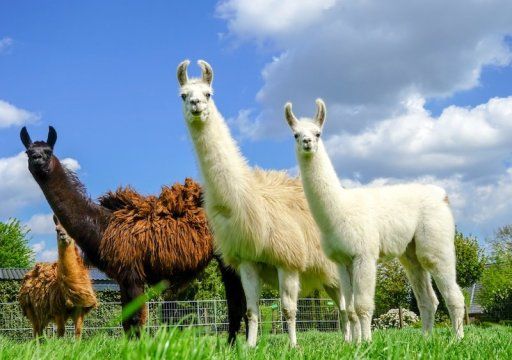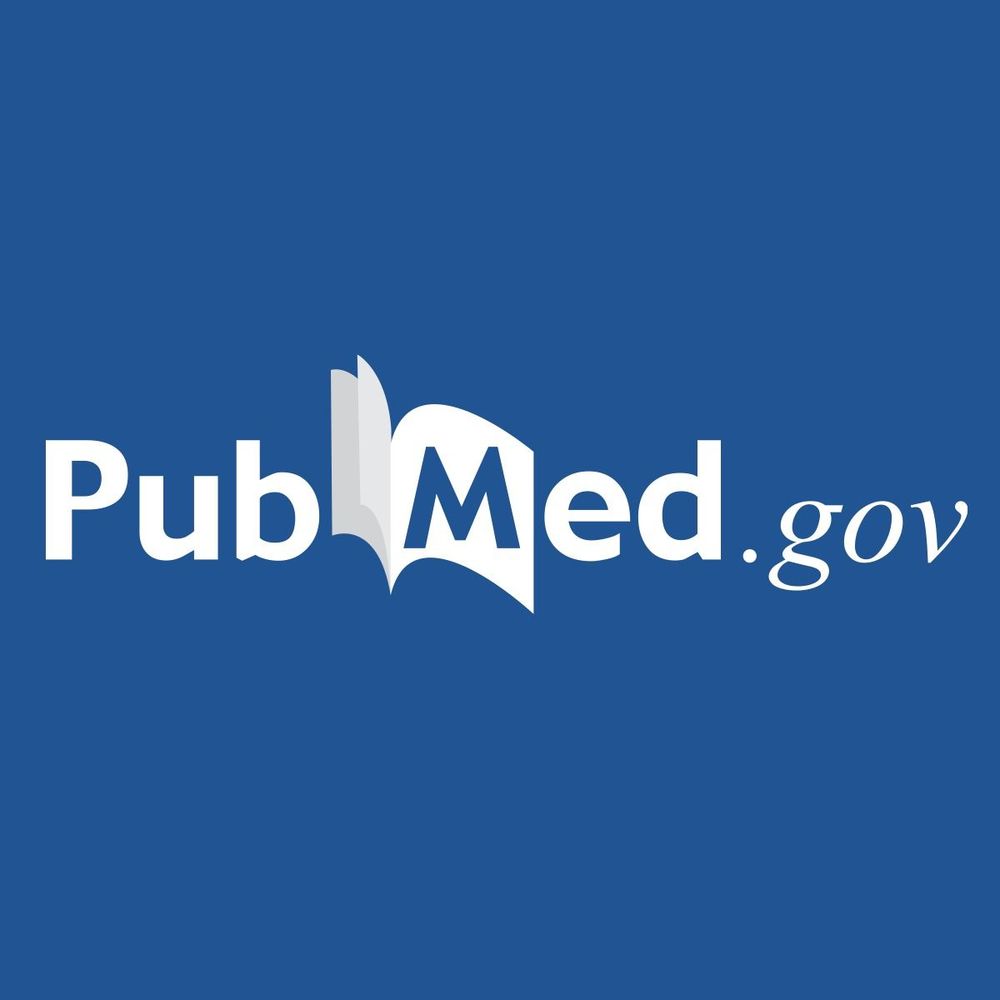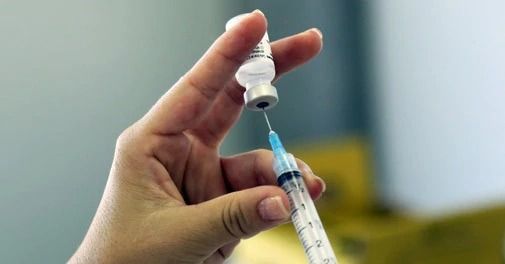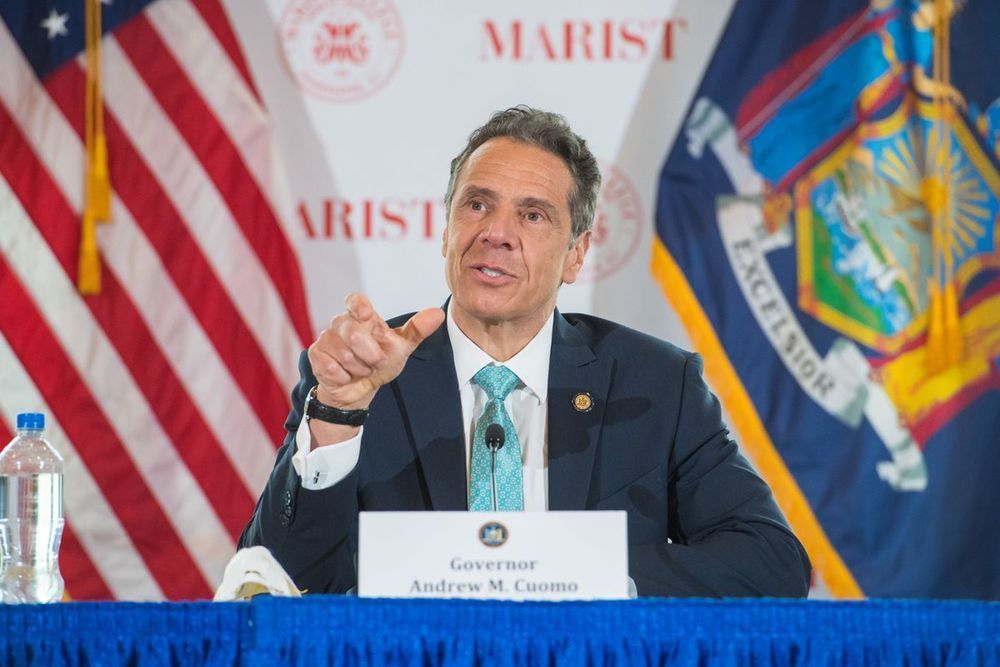The researchers linked two copies of a special kind of antibody produced by llamas to create a new antibody that binds tightly to a key protein on the coronavirus that causes COVID-19. This protein, called the spike protein, allows the virus to break into host cells. Initial tests indicate that the antibody blocks viruses that display this spike protein from infecting cells in culture.
“This is one of the first antibodies known to neutralize SARS-CoV-2,” said Jason McLellan, associate professor of molecular biosciences at UT Austin and co-senior author, referring to the virus that causes COVID-19.
The team is now preparing to conduct preclinical studies in animals such as hamsters or nonhuman primates, with the hopes of next testing in humans. The goal is to develop a treatment that would help people soon after infection with the virus.






